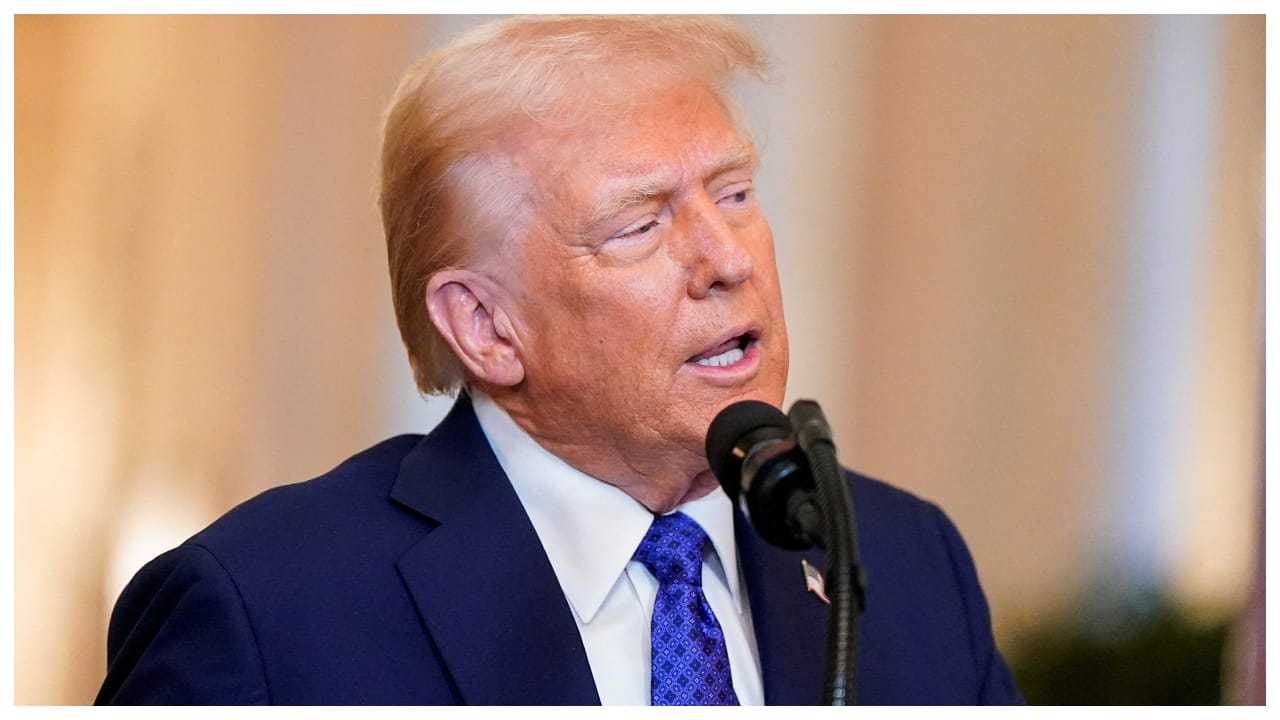 |
|
The ongoing legal battles surrounding President Donald Trump's executive order aiming to restrict birthright citizenship in the United States highlight a fundamental clash of interpretations regarding the 14th Amendment of the Constitution. This amendment, ratified in 1868, states that 'all persons born or naturalized in the United States and subject to its jurisdiction are citizens.' The core dispute revolves around the phrase 'subject to its jurisdiction,' with the Trump administration arguing that children born to undocumented or non-citizen parents do not fall under this definition, while opposing parties contend that the amendment's language is unambiguous and grants citizenship to all those born within U.S. borders.
The president's executive order seeks to overturn the long-standing principle of jus soli, or 'right of the soil,' which grants automatic citizenship to individuals born within a country's territory. This principle is common in many countries, including the United States, Canada, and Mexico. However, the Trump administration's interpretation directly challenges this established practice, arguing that birthright citizenship for the children of undocumented immigrants undermines immigration laws and national security. This interpretation is met with fierce opposition from immigrant rights groups, several states, and legal scholars, who argue that it is unconstitutional and fundamentally alters a core tenet of American citizenship.
The legal challenges are multifaceted and progressing in various federal courts. A key case before Judge John Coughenour in Seattle involves four states—Arizona, Illinois, Oregon, and Washington—and the Northwest Immigrant Rights Project. Judge Coughenour, a Reagan appointee, has already expressed strong reservations about the order, calling it 'blatantly unconstitutional' and issuing a temporary restraining order. Simultaneously, other lawsuits have been filed across the nation, including one in Maryland that resulted in a nationwide injunction halting the order's implementation pending resolution of the case's merits. The sheer number of lawsuits filed by multiple states and organizations underscores the widespread opposition to the president’s policy.
At the heart of the legal arguments is the 1898 Supreme Court case United States v. Wong Kim Ark, which established that children born within the United States are citizens unless their parents are foreign diplomats, enemy combatants during wartime occupation, aboard foreign vessels, or members of sovereign Native American nations. The Trump administration attempts to circumvent this precedent by arguing that the parents of undocumented immigrants are not subject to the jurisdiction of the U.S., a contention that opponents strongly dispute. The legal arguments hinge on the precise interpretation of 'subject to the jurisdiction' and whether the intent behind the 14th Amendment extends to all those born within the country's borders, regardless of their parents' immigration status. The differing interpretations highlight a complex constitutional debate with far-reaching implications for U.S. immigration policy.
The ongoing legal battles are likely to continue for an extended period, potentially reaching the Supreme Court. The outcome will have profound consequences for millions of individuals and will shape the future of birthright citizenship in the United States. The arguments presented before the courts demonstrate a deep divide in legal and political perspectives on the scope of the 14th Amendment and its application to immigration. The multiple lawsuits and the broad participation of states on both sides of the debate further highlight the significance of this legal challenge and its potential to redefine the boundaries of citizenship in the United States. The various federal courts are tasked with navigating this complex and contested legal terrain, with the final resolution likely impacting the lives of countless individuals and the overall framework of U.S. immigration laws.
Source: What to know about the court cases over President Trump's birthright citizenship order
